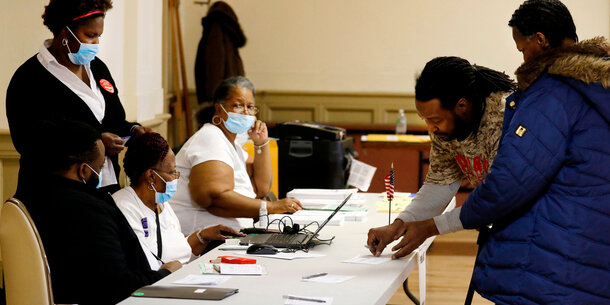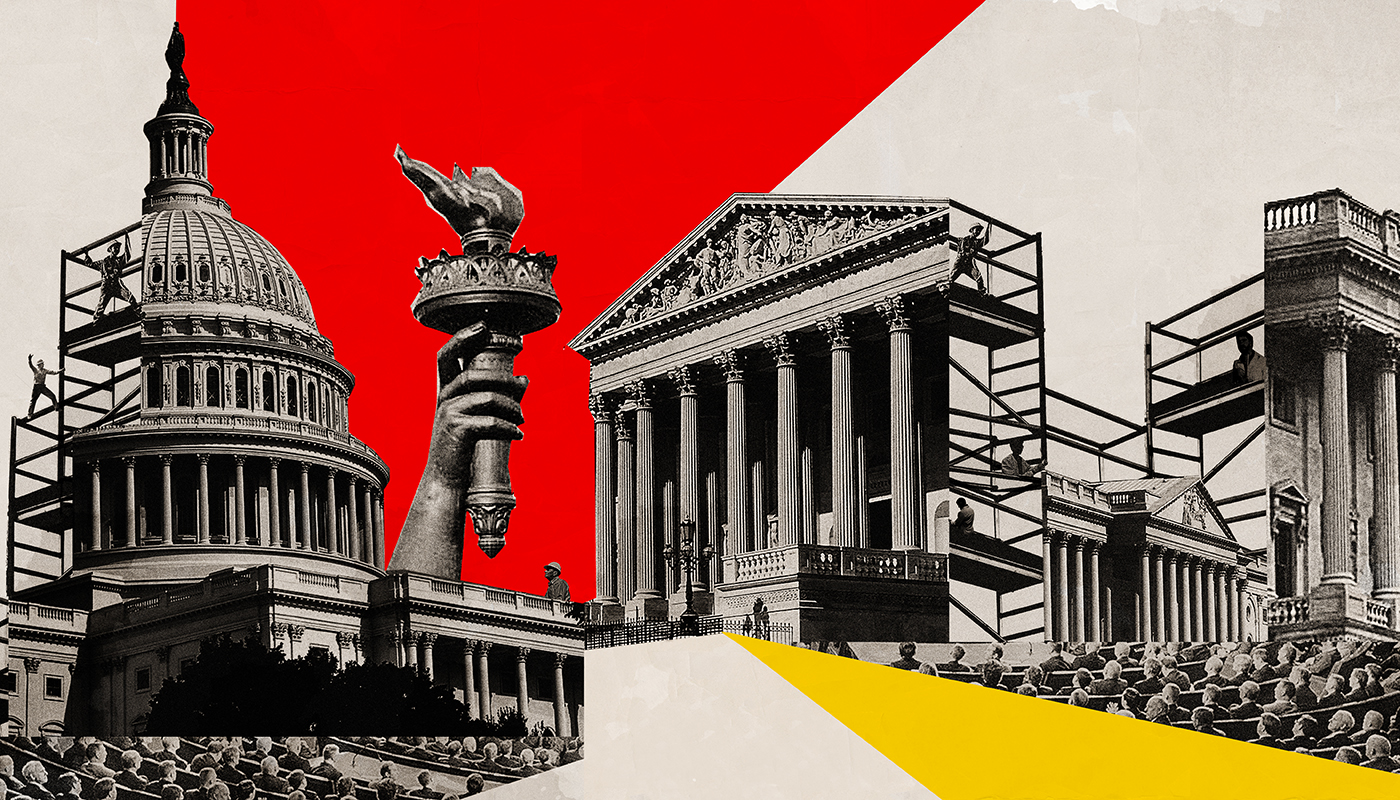This is part of the Brennan Center’s response to the coronavirus.
The coronavirus has already caused several deaths in the United States, and the number of cases is rising. Senior officials at the Centers for Disease Control and Prevention have warned it could potentially cause “severe” disruptions to everyday life. An effective response will require the public to trust that the decisions made by government officials are consistent with the best available information and science — not based on political considerations.
But on the same day the CDC issued its statement, President Trump contradicted the agency’s urgent message, predicting instead that the coronavirus (or COVID-19) is “a problem that’s going to go away.” Even under normal circumstances, persuading the public to follow the guidance issued by public health officials is a challenge. Instead of assisting the CDC in its efforts to spread the message, Trump has preferred to tweet his optimistic forecast for the outbreak and blame Democrats and the media for making the coronavirus “look as bad as possible.”
Trump’s attempts to downplay the threat of the coronavirus appear driven by politics. He has made no secret of the fact that his reelection campaign is depending on a strong economy, and he has made clear his concerns about the virus’s impact on the stock market. Trump explicitly linked the two last week, tweeting, “The Coronavirus is very much under control in the USA. We are in contact with everyone and all relevant countries. CDC & World Health have been working hard and very smart. Stock Market starting to look very good to me!”
By publicly contradicting the expert assessment of senior health officials in the federal government, Trump further undermines the public’s trust in government-issued statements, the science upon which they’re based, and, more broadly, the government’s ability to effectively respond. Ironically, financial analysts have noted that the uncertainty and panic that could ensue from Trump’s misstatements will likely worsen the virus’s impact on the stock market, not to mention its effect on public health.
This crisis serves as a reminder that a core function of government is to respond to emergencies like public health threats. Its ability to effectively do so depends, in part, on expert professionals, responsible political leaders considering the expert advice, and the public’s trust in both the process and statements issued by government spokespeople.
Given the Trump administration’s history of interfering with and misrepresenting the work of government experts when their conclusions are politically inconvenient, skepticism of the administration’s response is warranted.
“Sharpiegate” still lingers in the minds of many government scientists and members of the public. It was just five months ago that Trump falsely claimed that Hurricane Dorian was likely to hit Alabama, going so far as to hold up an altered map of the hurricane forecast. The administration subsequently threatened to fire senior officials at the National Oceanic and Atmospheric Administration if they did not rescind accurate statements about the storm that contradicted the president’s distortions.
The president has also made personnel and budget decisions that have reduced the ranks of senior public health officials in the upper echelons of the administration, reducing the federal government’s capacity to respond to public health emergencies. He substantially cut epidemic prevention activities at the Centers for Disease Control and Prevention, and he eliminated an office within the National Security Council established following the 2014 Ebola outbreak that coordinates responses to global pandemics.
These examples underscore the need for stronger laws that defend against threats to scientific integrity in the federal government and ensure that qualified professionals are in leadership positions throughout the government. A recent report released by the bipartisan National Task Force on Rule of Law & Democracy at the Brennan Center details the growing politicization of government science and abuses in the federal personnel process.
The report proposes reforms that would help ensure that the government can respond to public health crises. These include creating scientific integrity standards for federal agencies and prohibiting politically motivated manipulation or suppression of research. The report also recommends fixing the process for filling senior government positions and adopting safeguards to ensure that those positions are staffed with qualified and ethical professionals.
The public expects an administration to staff and organize government to respond to existing threats. But perhaps more importantly, Americans expect the government to be ready for the unknown. While we do not know how coronavirus will spread, we know that the Trump administration is not following a roadmap that leads to the most effective response.








